Using African herbs in homemade tinctures and extracts can be an effective and inexpensive way to support your health and wellness. However, it’s important to be mindful of the herbs you choose, as well as the ingredients you use in the tincture or extract.
Some tinctures, particularly those made with alcohol, may be toxic to people who have certain medical conditions or allergies. So it’s crucial to talk to your doctor before adding them to your diet or healthcare routine.
Which African herbs are commonly used in making homemade tinctures and extracts?
In making homemade tinctures and extracts, it’s important to select herbs that have been carefully chosen for their medicinal properties. It’s also important to make sure that you use a good quality liquid to extract the herbal ingredients.
The berries, leaves, roots, and bark of many African herbs are commonly used to create tinctures. To create a tincture, you need to soak the herb(s) in a liquid for a period of time to absorb the nutrients from the plant.
Tinctures are typically a 1:5 or 1:10 concentration, meaning that one part of the herb is prepared with five to 10 parts (by weight) of the liquid.
Pelargonium sidoides, better known as black geranium, is another popular choice for cough and cold remedies. It is a common ingredient in herbal medicine, and it has been shown to be effective in alleviating symptoms and reducing the duration of illness. It is available in some health food stores and online.
How do you prepare them?
Herbal tinctures are a simple and easy way to get the medicinal benefits of herbs in a concentrated, shelf-stable form. They can be used to support a variety of health and wellness goals, including digestive function, detoxification, energy balance, and mental clarity.
Tinctures are made by soaking large amounts of herbs in alcohol for a period of time to extract their herbal properties. They are then strained to remove the solids, leaving a diluted liquid that can be taken straight by the dropper or mixed with water to make a tea.
Depending on the herb's water-soluble components, a specific percentage of alcohol is needed for effective extraction. If using fresh plants, use a 1-1 plant-to-alcohol ratio; dried herbs need a 1-4 ratio.
How can using African herbs benefit my health and wellness?
Herbal medicine has long been a part of African traditional medicine. It is a safe and effective form of primary health care that has evolved to meet the needs of modern science, with improvements in plant identification, methods of preparation, and scientific investigations increasing its credibility and acceptability.
Herbs can be used to treat a variety of ailments and conditions. They come in different forms such as teas, syrups, oils, liquid extracts, and tinctures.
Herbal tinctures and extracts are concentrated forms of herbal remedies that are made by dissolving active ingredients in water or a liquid extract, such as alcohol or glycerol. Once the extract is strained, it can be bottled and stored.
Which African herbs should I avoid?
African herbs are used to treat a wide variety of ailments, both physical and mental. They are also a great source of antioxidants, anti-inflammatory agents, and other elixirs of life. Although some of them may be toxic, they are still a worthwhile addition to any medicine cabinet.
For example, pelargonium sidoides (black geranium) is an herb that has been used in South Africa for centuries to help with coughs and colds. It is one of the most commonly found herbs in the wild and can be brewed into an effective tea.
To make a successful tincture, you will need alcohol of the right proof for your particular plant of choice. For fresh plants, use a 1 to 1 ratio, while dried herbs can be diluted with vinegar. A jar or bottle with a lid is a must and be sure to shake it occasionally.
The best way to ensure the success of your gizmo is to consult a professional if you are a novice.
Frequently Asked Questions
What is the difference between herbs and spices?
Herbs are used for cooking, and spices are used for seasoning.
Herbs have more intense flavors and can be used to cook dishes, while spices can bring out the flavor of foods without altering the taste.
Spices can also be added to food during preparation, such as curry. Spices may be bought individually, or whole packages may be purchased. There are many spices, including black pepper, cayenne pepper, cinnamon, cloves, coriander, garlic, ginger, nutmeg, oregano, paprika, parsley, rosemary, sage, salt, thyme, turmeric, vanilla extract, etc.
The best way to ensure that you are selecting the right spice for your dish is to read the label carefully. If there is an ingredient list, look for "spice" among the ingredients. A common mistake cooks make is buying too much of a particular spice because they do not realize how little they need.
There are a few basic rules to follow when choosing which herb or spice to use. For example, most herbs are fresh, whereas spices tend to last longer. Also, herbs are generally found in small quantities, while spices come in larger containers. Finally, most herbs are usually sold loose (or ground), while spices are packaged in jars or cans.
As long as you are careful to select the correct herbs or spices, you will find that adding them to recipes makes preparing meals easier. After all, spices add flavor to various dishes, while herbs can help improve the appearance and aroma of food.
Is eating raw basil good for you?
I'm sure everyone knows that fresh herbs are great for cooking but did you know that you could eat them too? Raw, uncooked herbs are packed full of nutrients and vitamins that we normally have to cook.
They contain more antioxidants than any fruit or vegetable. And they also help our immune systems stay strong and healthy.
The best way to enjoy these delicious little green gems is to eat them raw from the garden. But there's nothing wrong with enjoying them cooked, either. They taste even better when sautéed in olive oil and served alongside pasta or rice.
There are lots of ways to incorporate raw herbs into recipes. Add them to salads, soups, sandwiches, wraps, omelets, stir-fries, and pesto.
Just make sure you wash them well first!
Which plant has antibiotic and wound-healing properties?
People often ask about plants that have medicinal uses. Some of these include aloe vera, eucalyptus, chamomile, and lavender. If you're wondering why there aren't any plants used for cleaning and disinfecting purposes, it's because most plants have toxic qualities.
The reason why we use herbs for medicine is that they contain compounds that stimulate our immune system. This means that they help us fight infections and heal wounds.
Some plants also have anti-inflammatory properties. These include ginger, turmeric, and mint.
Herbs such as basil, fennel, marigold, and oregano are great for cleansing the body.
There are even some plants that help prevent cancer. Research shows that black raspberries may reduce the chances of developing breast cancer. The same goes for broccoli. It can help prevent colon cancer.
Statistics
- For those with high cholesterol, garlic supplementation appears to reduce total and/or LDL cholesterol by about 10-15% (72Trusted Source73Trusted (healthline.com)
- Herbs are among the most popular and widely used medicinal remedies. According to a survey conducted by the National Institutes of Health, herbs were used by over 38% of adults in the United States.
External Links
onlinelibrary.wiley.com
amazon.com
pubmed.ncbi.nlm.nih.gov
sciencedirect.com
- Peppermint oil (Mintoil®) in the treatment of irritable bowel syndrome: A prospective, double-blind placebo-controlled randomized trial
- Curcumin reverses the effects of chronic stress on behavior, the HPA axis, BDNF expression, and phosphorylation of CREB
How To
What to look for in herbs?
Herbs contain natural compounds that may help treat various conditions. In addition, herbal remedies may provide relief when used along with conventional treatments.
Herbal remedies include teas, capsules, tablets, ointments, creams, lotions, oils, and topical applications. Some of these products are meant to be taken internally, while others are applied externally.
The most common uses of herbal remedies include relieving minor aches and pains, treating cold symptoms, reducing fever, controlling coughs and sore throats, easing digestion problems, soothing skin irritations, alleviating menstrual cramps, and providing general health benefits.
When buying herbs, look for the following:
- Freshly picked plants. Avoid dried herbs unless they've been stored in a cool place. If possible, buy herbs directly from farmers' markets.
- Pure extracts. These are made by extracting the active ingredients from herbs using alcohol or water. Look for 100% pure extractions.
- Certified organic herbs. Organic herbs must meet strict standards set forth by the USDA.
- Natural flavors. Many herbs have strong scents that can overwhelm other foods. Adding flavorings such as vanilla, almond, or orange helps mask their smell.
- Potency. The amount of active ingredient per unit weight varies depending on the type of herb.
- Packaging. When purchasing herbs, check the packaging to ensure that it's clean and free of chemicals.
Resources:
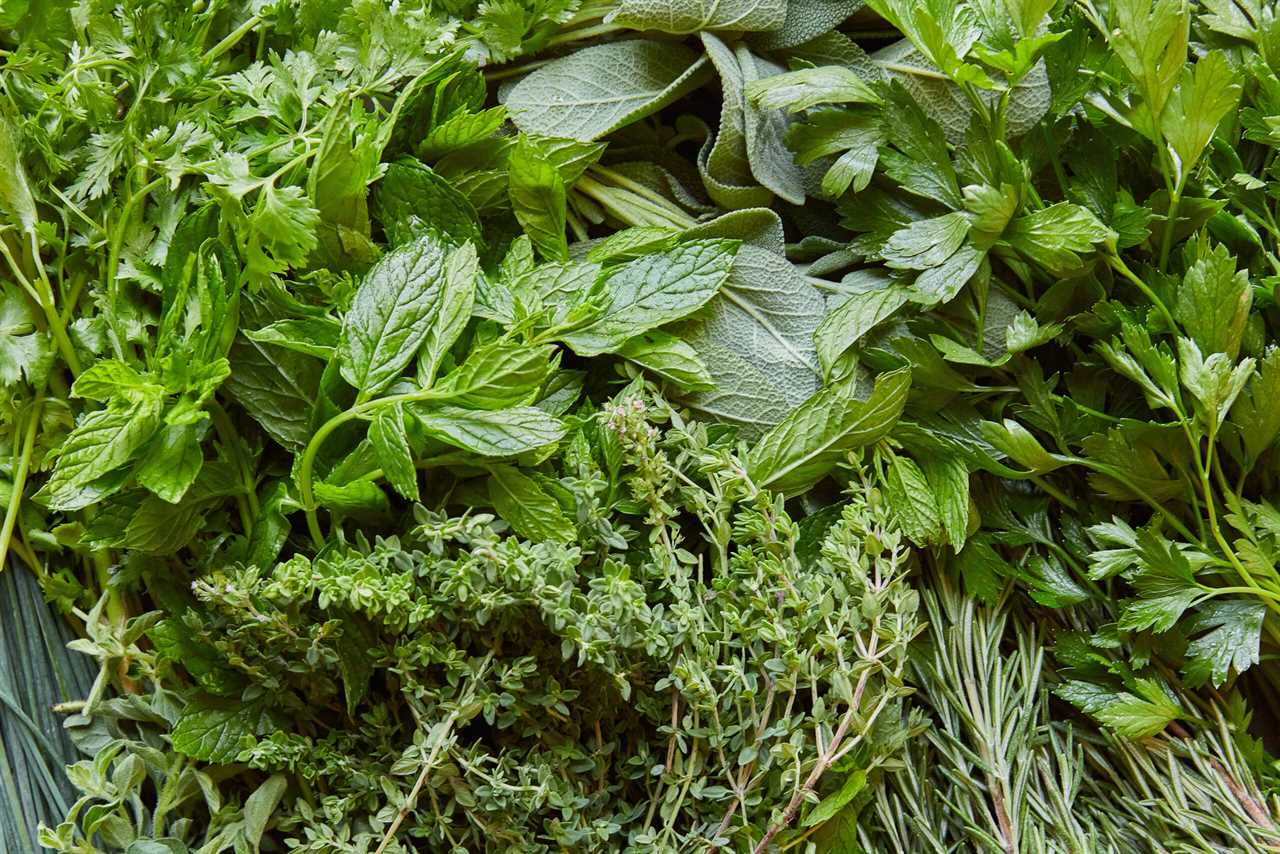 |
FARM CLEAN UP, EASTER SELLS, AND FINALLY PLANTING SHURBS!Flower farm is just starting! The yarrow is showing out, sweet William flowers are absolutely beautiful! We're slowly cleaning up the flower farm and I'm |
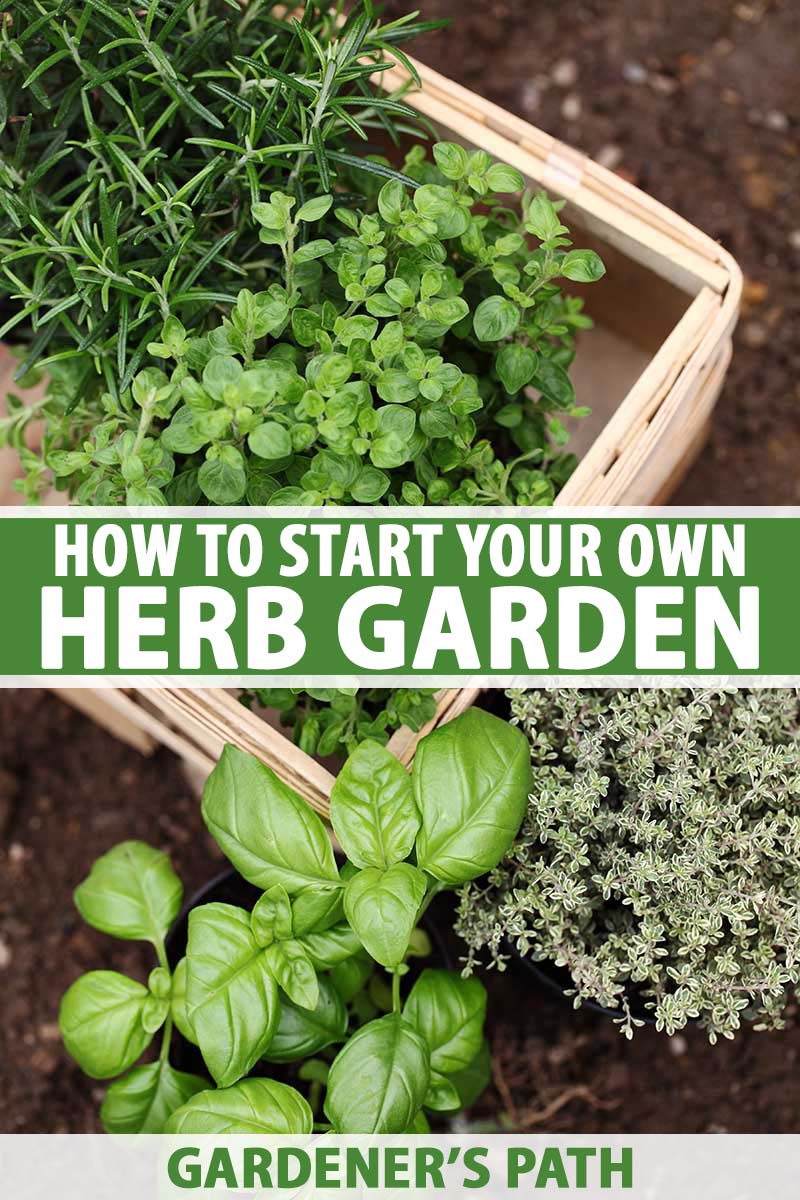 |
Spring Garden Harvest A Bucket Of Flavor!Elevating the everyday is our mission. At Belovedsaffron.com, we think the world deserves more than conventional cuisines — and more than take-out.. |
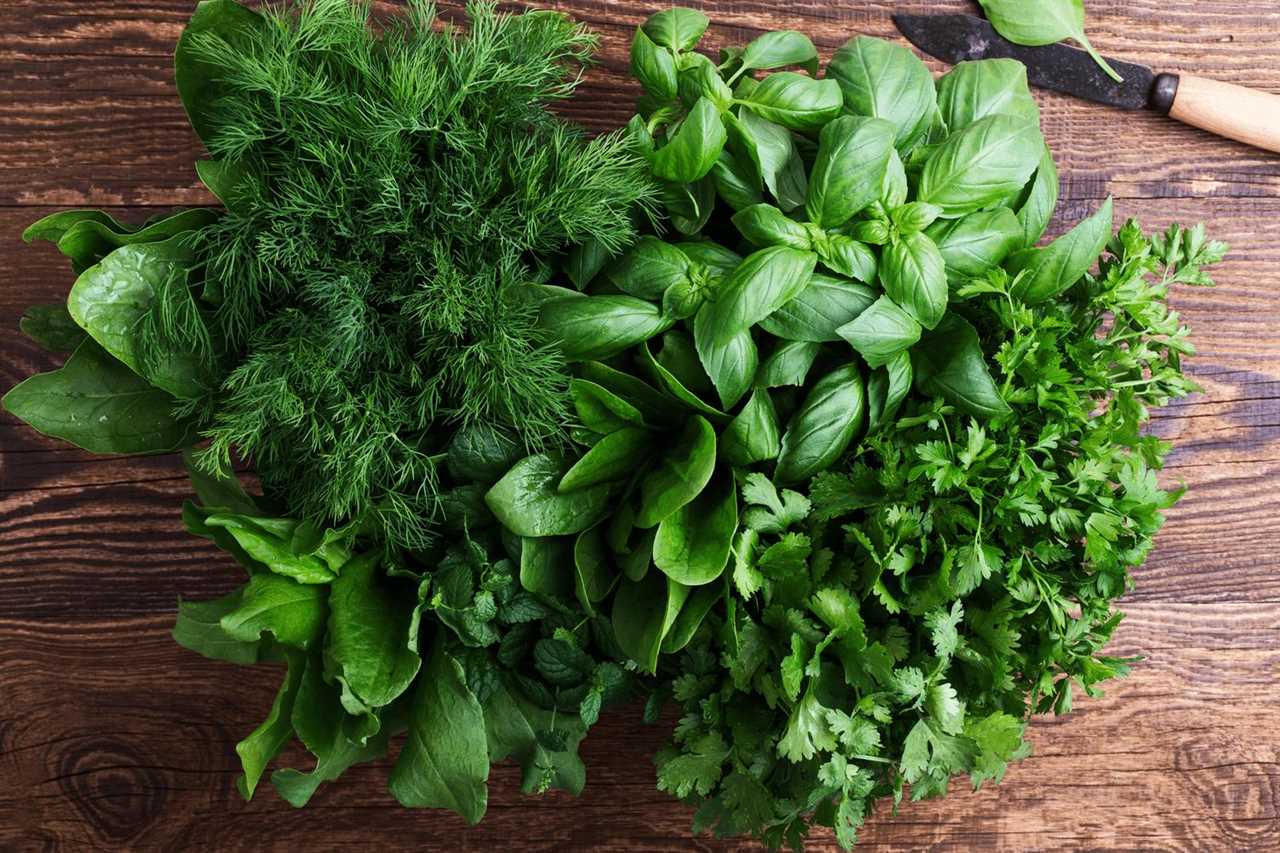 |
Put aluminum foil in your toilet! After 5 minutes be shocked by the result (Dollar Tree Trick)At Belovedsaffron.com, we are passionate about spices, herbs, recipes and organic eating and on a mission to bring you awareness about flavours from.. |
 |
Let's make a self heal oxymel!Welcome to BelovedSaffron.com, where we celebrate all the wonderful flavours of spices and herbs worldwide! We are not just chefs but food.. |
 |
THE EASY WAY OF GROWING CARROTS AWAY FROM SQUIRRELS and AnimalsWelcome to Belovedsaffron.com, where we embrace everything related to spices, herbs, nutritious food, and organic eating! We are not professional.. |
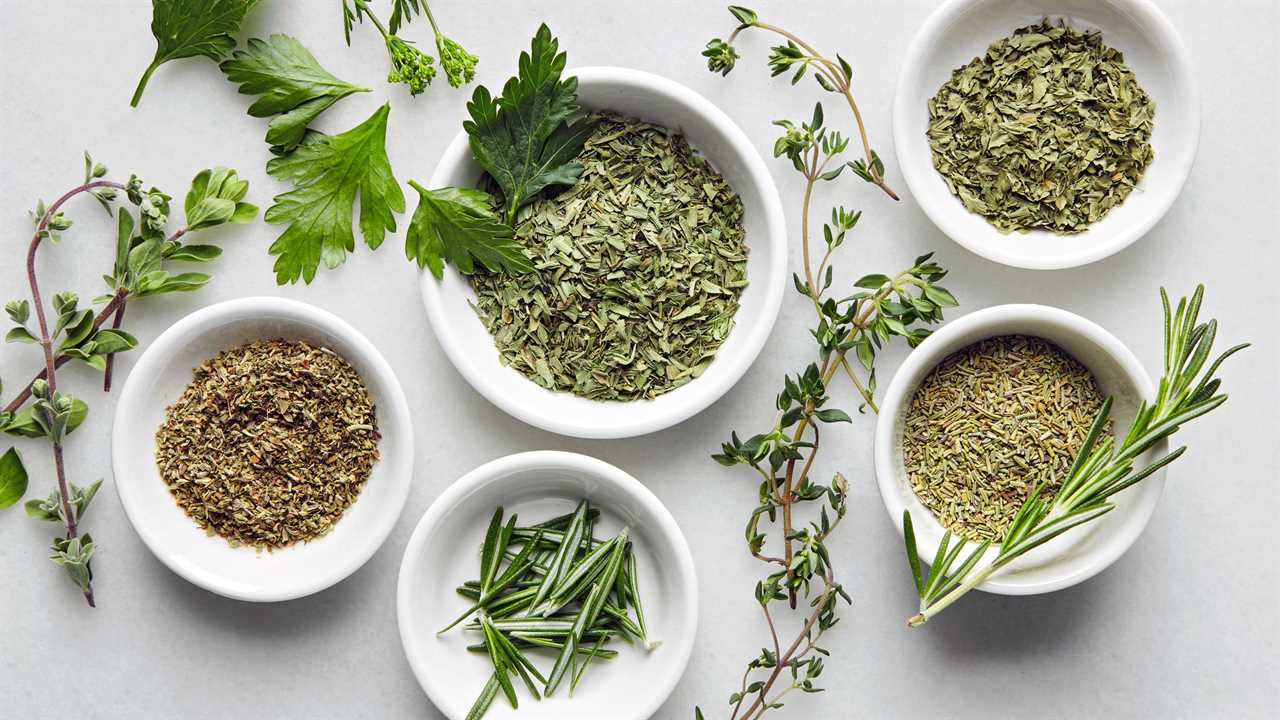 |
CHINESE HERBS AND DRY GOODSAt Belovedsaffron.com, we are passionate about spices, herbs, recipes and organic eating and on a mission to bring you awareness about flavours from.. |
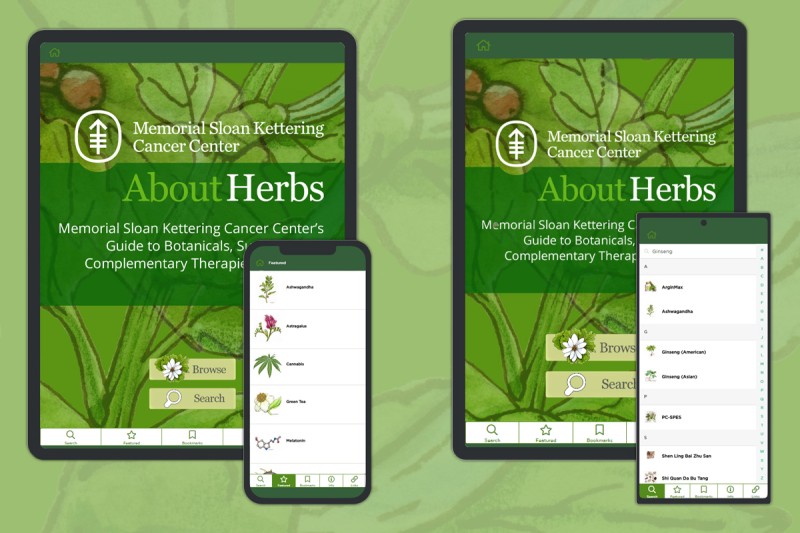 |
#LAMH Latest Tea & Live Gender REVEAL w Empress RadioWelcome to BelovedSaffron.com, where we celebrate all the wonderful flavours of spices and herbs worldwide! We are not just chefs but food.. |
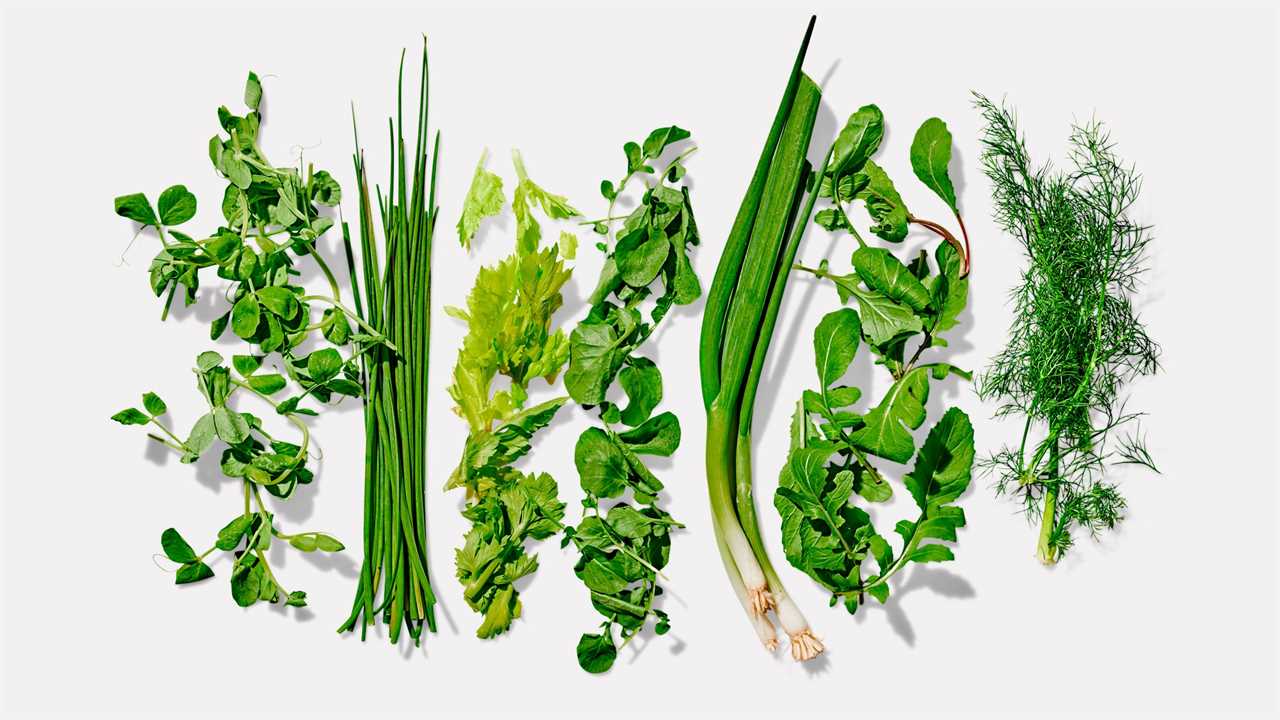 |
MAGIC, DELIVERED Unboxing | Herbology & Magical PlantsAt Belovedsaffron.com, we are passionate about spices, herbs, recipes and organic eating. It is our mission to bring awareness of flavors from around |
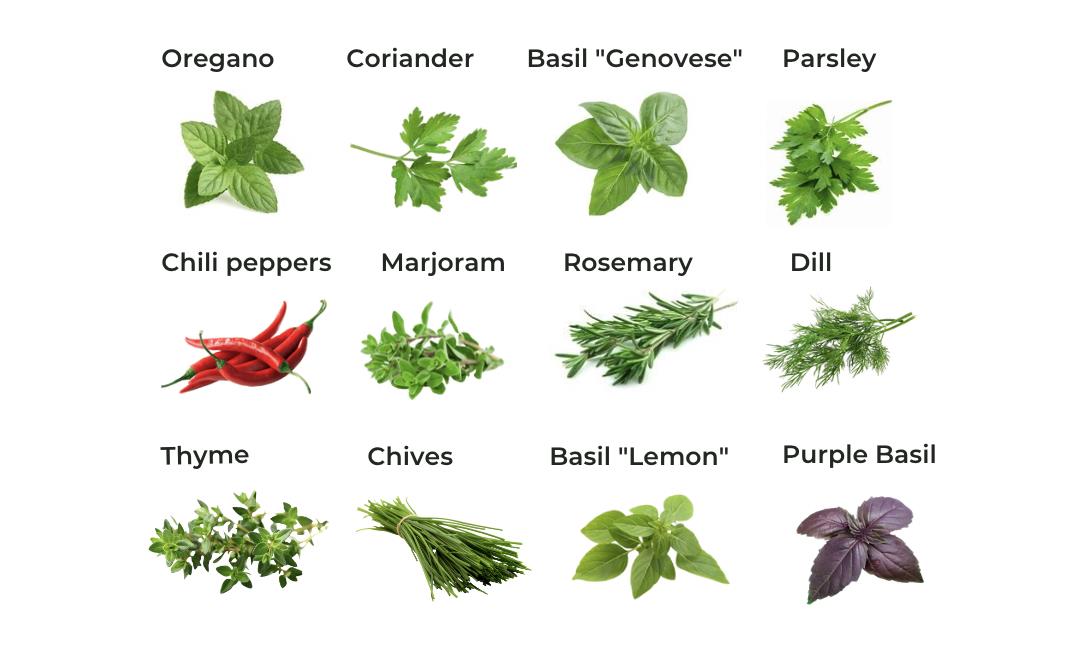 |
Couple Builds a SUNKEN GREENHOUSE for $4,500 — Ep. 125Welcome to Belovedsaffron.com, where we embrace everything related to spices, herbs, nutritious food, and organic eating! We are not professional.. |
 |
CHINESE HERBS AND DRY GOODSCHINESE HERBS AND DRY GOODS |
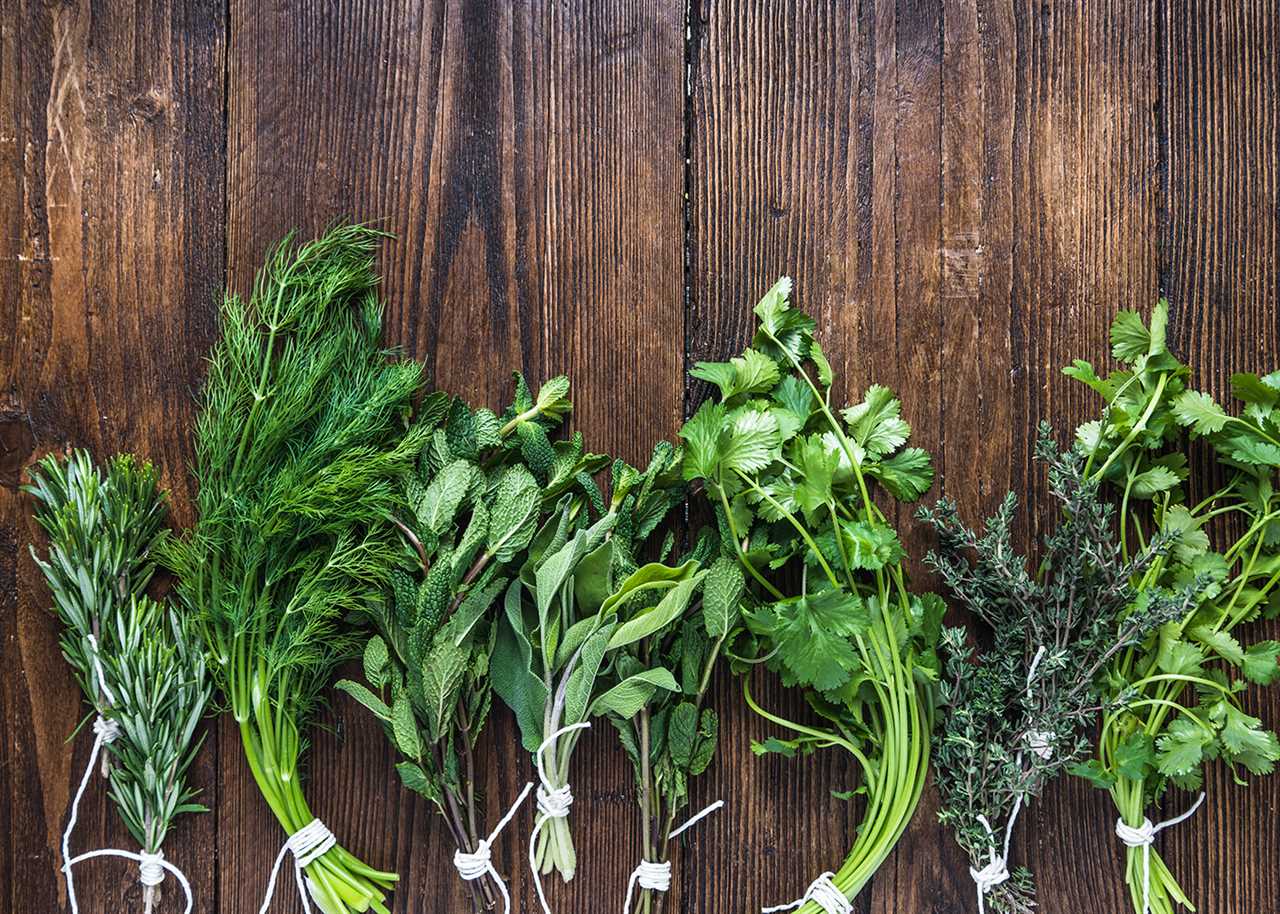 |
Enchant Ramp | MOM Standard | MTG ArenaAt Belovedsaffron.com, we are passionate about spices, herbs, recipes and organic eating. We are on a mission to bring you awareness about flavours.. |
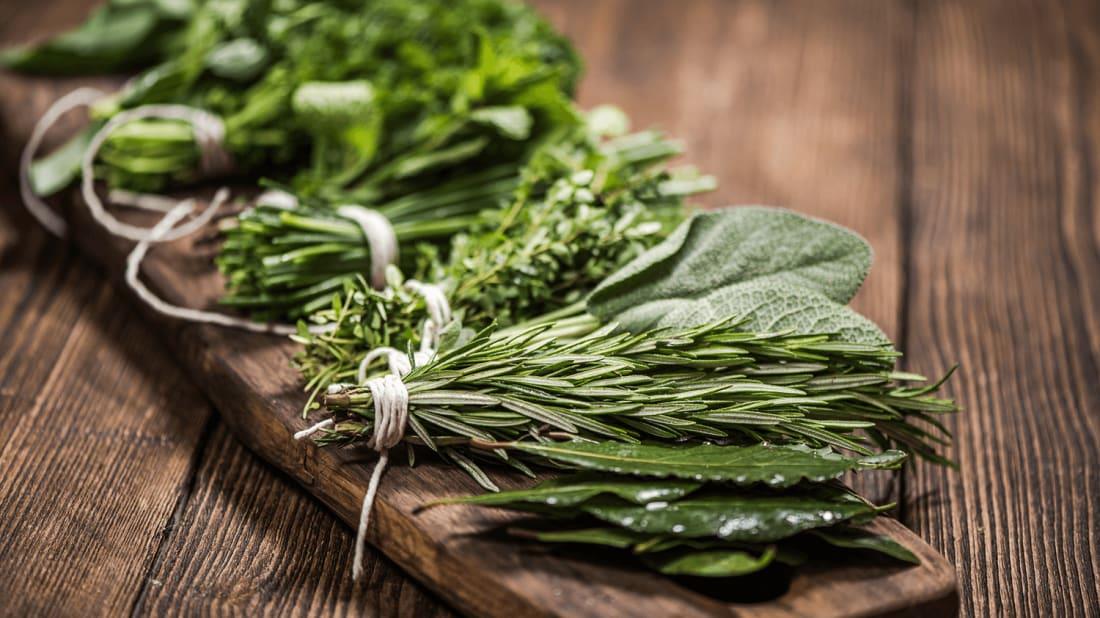 |
Join 10,000 Students Who Have Learned Herbs with Michael and Lesley Tierra - East West School of Planetary HerbologyLearn herbs from respected professional herbalists offering world-class herbalist training. The NEW Professional Herbalist Course includes courses on over 600 |
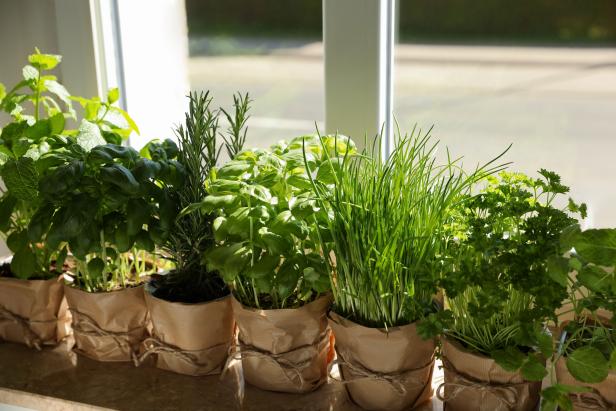 |
The Sims 2 Desiderata Valley Stream 18!At Belovedsaffron.com, we are passionate about spices, herbs, recipes and organic eating. It is our mission to bring awareness of flavors from around |
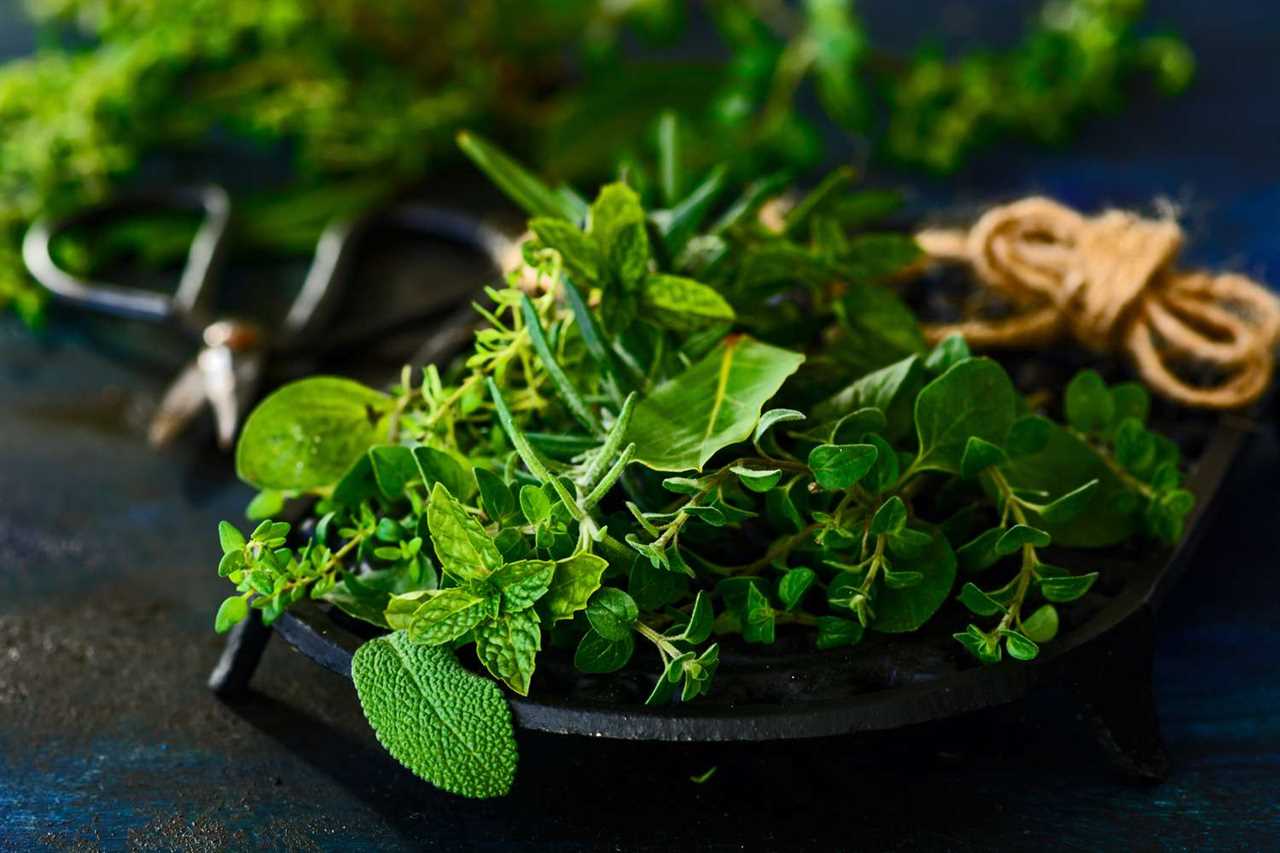 |
Fried Spinach Piroshki in the Village with fresh herbs - Oriental pastriesAt Belovedsaffron.com, we're passionate about flavours, cultures and cooking wisdom from around the world. We seek to bring you closer to sustainable |
 |
How to Dry and Store HerbsElevating the everyday is our mission. At Belovedsaffron.com, we think the world deserves more than conventional cuisines — and more than take-out.. |
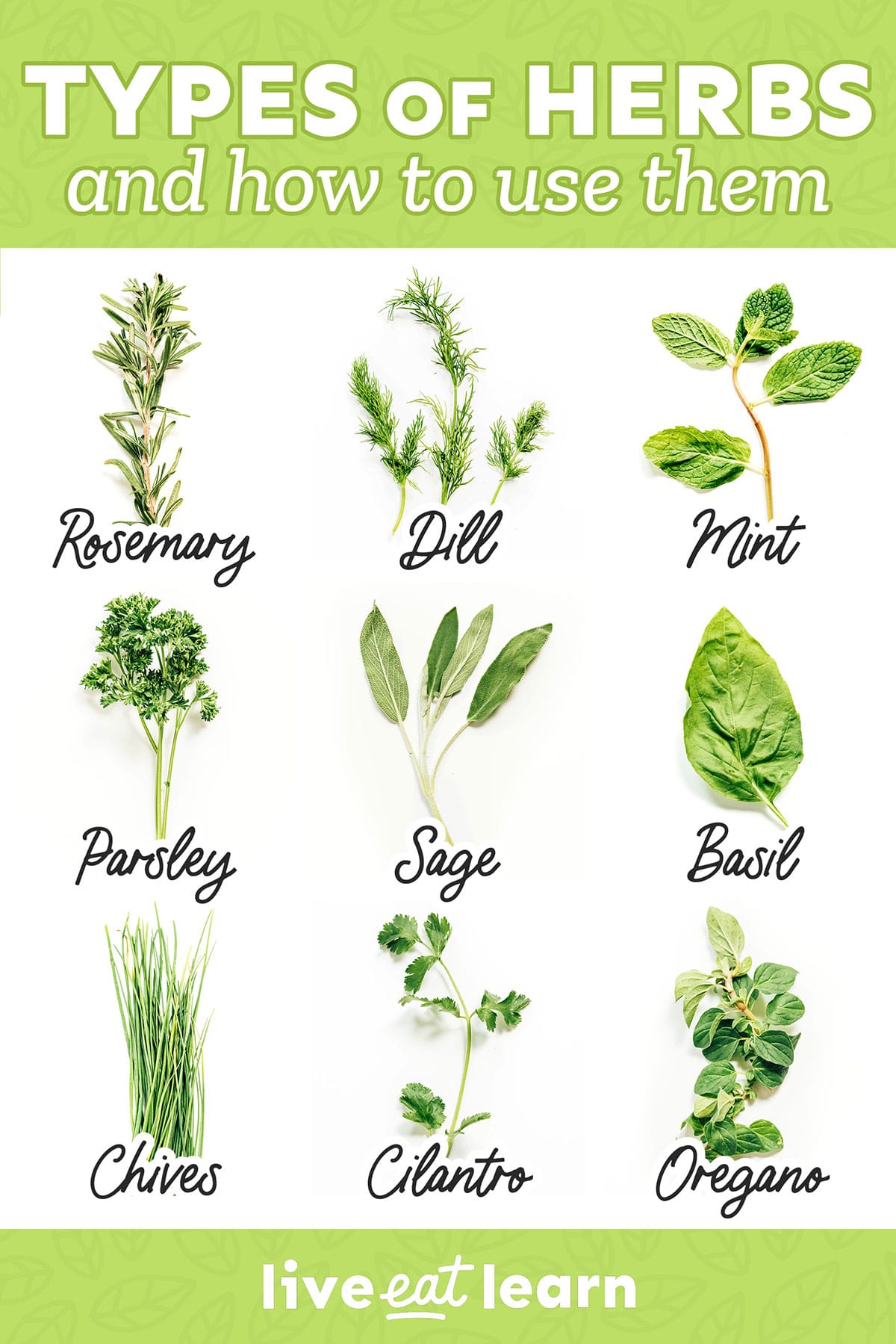 |
Cooking With Herbs For a Diabetic DietMany people with diabetes use herbs to help keep their blood sugar levels in check. While herbs are a great way to naturally manage diabetes, it is.. |
 |
How To Make African Locust Beans SumbalaAt Belovedsaffron.com, we are dedicated to exploring the amazing world of spices and herbs, encouraging sustainable eating practices and sharing.. |
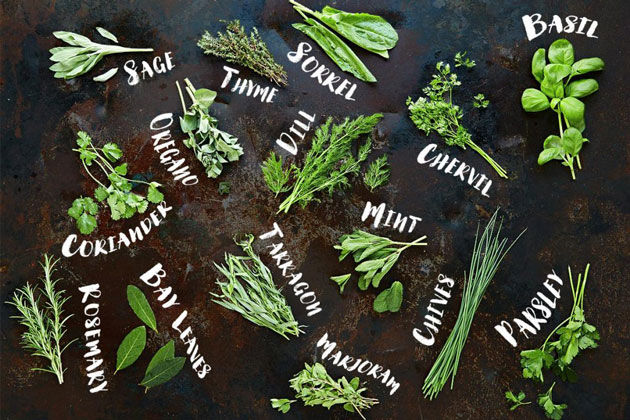 |
herbs for health |Discover the Healing Power of NatureIn this informative video, we explore the healing power of herbs and how they can promote good health and wellness. Join us as we journey into the natural |
 |
5 Fast Growing Veggies You Can Harvest in Under 1 MonthIf you're just getting started on your first garden, it's important to have early success. These 5 groups of crops are extremely easy and fast to grow, so you |
 |
Apr 26, Hawthorn with Tatiana EavesHawthorn is often revered for how it strengthens the physical heart but this is just one of the medicinal gifts Tatiana Eaves mentions. Find out the rest here! |
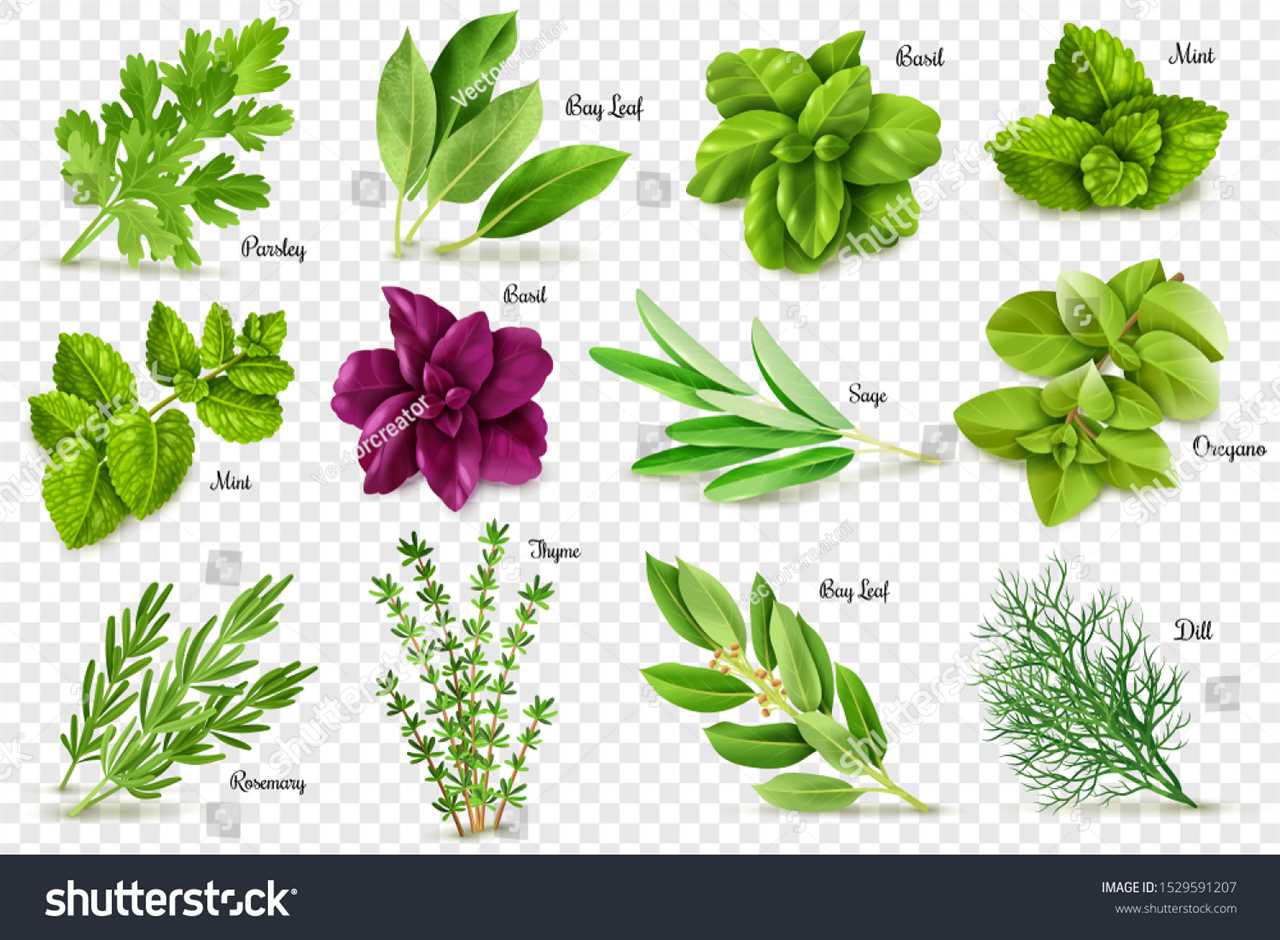 |
A Video Identification Guide To Edible & Medicinal Plants - Pt. 2Hey guys welcome to the second season of identification videos on edible and medicinal plants. In this video there are 13 different plants some are medicinal, |
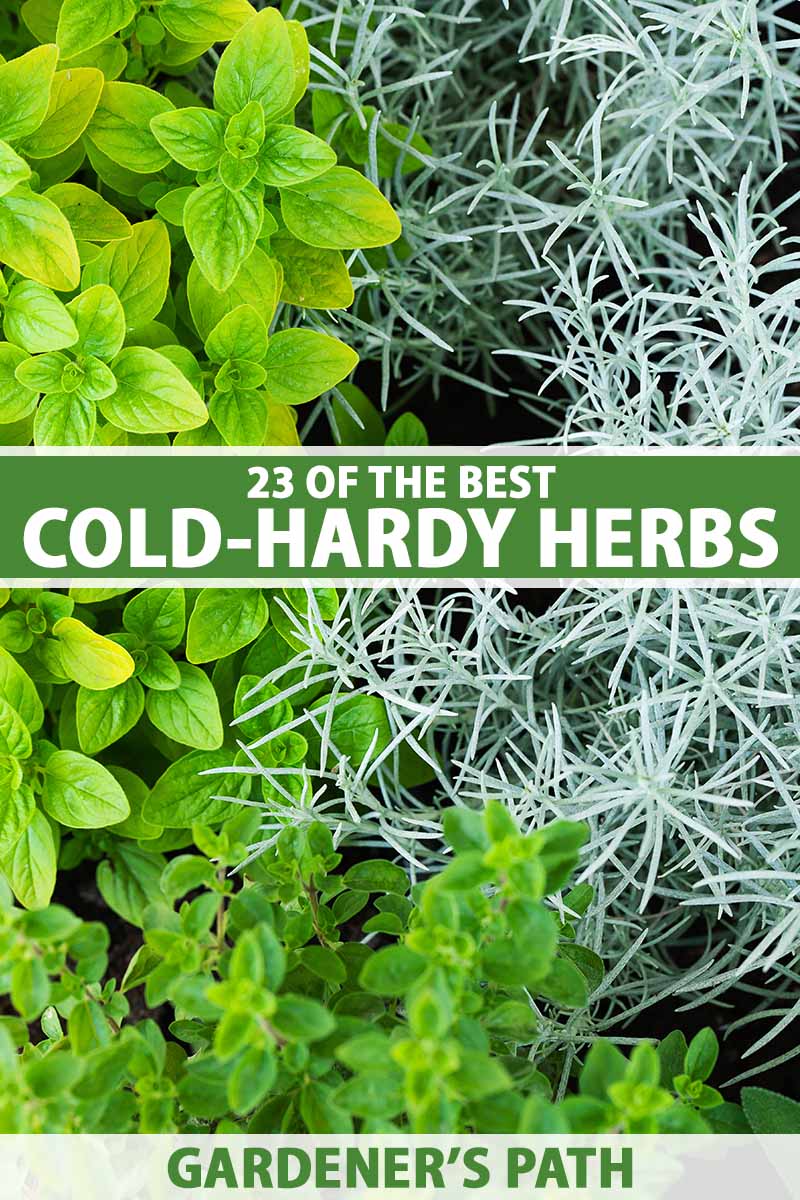 |
My Top Tricks of the Trade RevealedWhat does a muffin tin have to do with saving time in the garden? Well, sometimes the simplest trick can make all the difference! With these ingenious hacks, |
 |
Herbs, Peppers, Cucumbers and More!!!Finally getting some veggies and herbs in the ground. $5 of free garden seeds Get $5 of free seeds credit when you sign up with a free Seedtime |
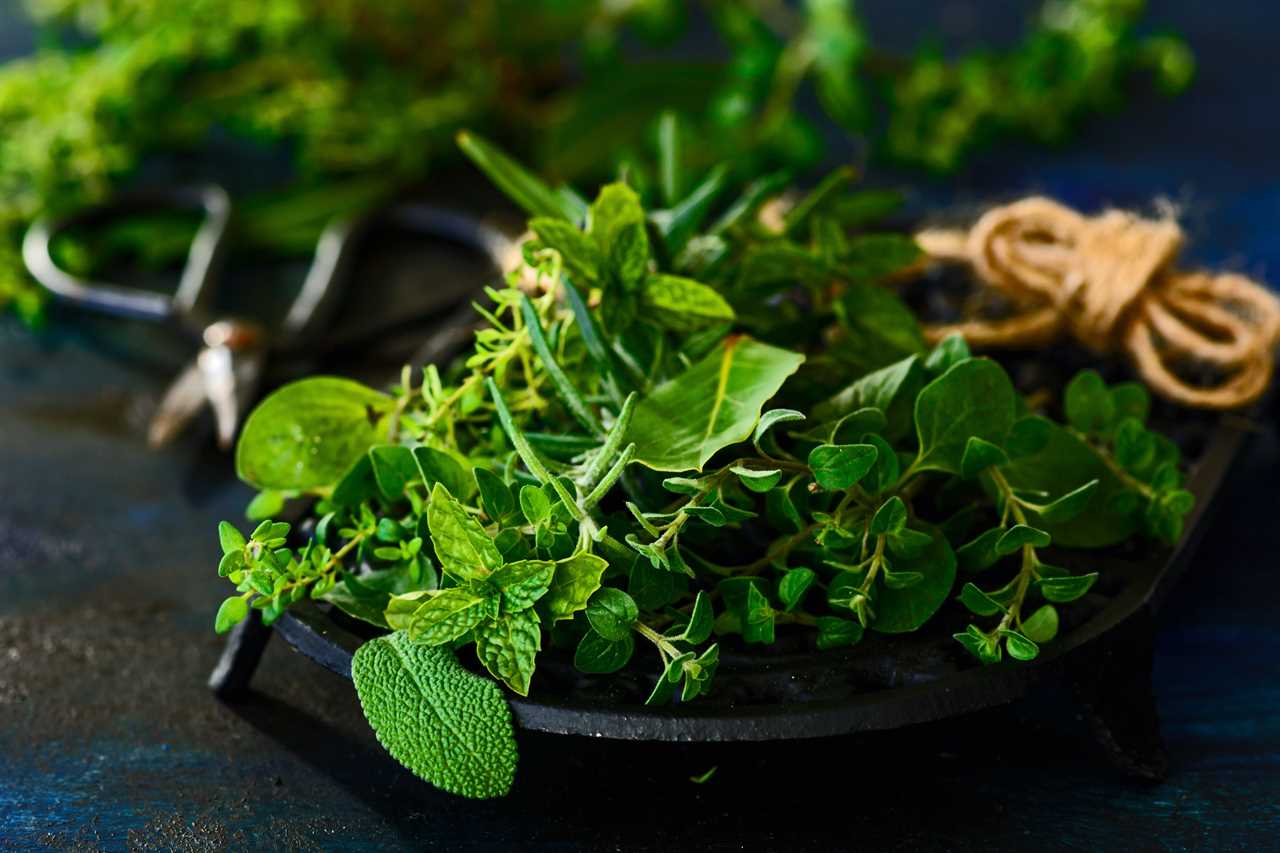 |
Home of HerbsFind out more about herbs and how to use them |
 |
First Garden Tour of 2023 / The In Between GardenAt Belovedsaffron.com, we are passionate about spices, herbs, good food and organic eating. Our mission is to bring awareness about the different.. |
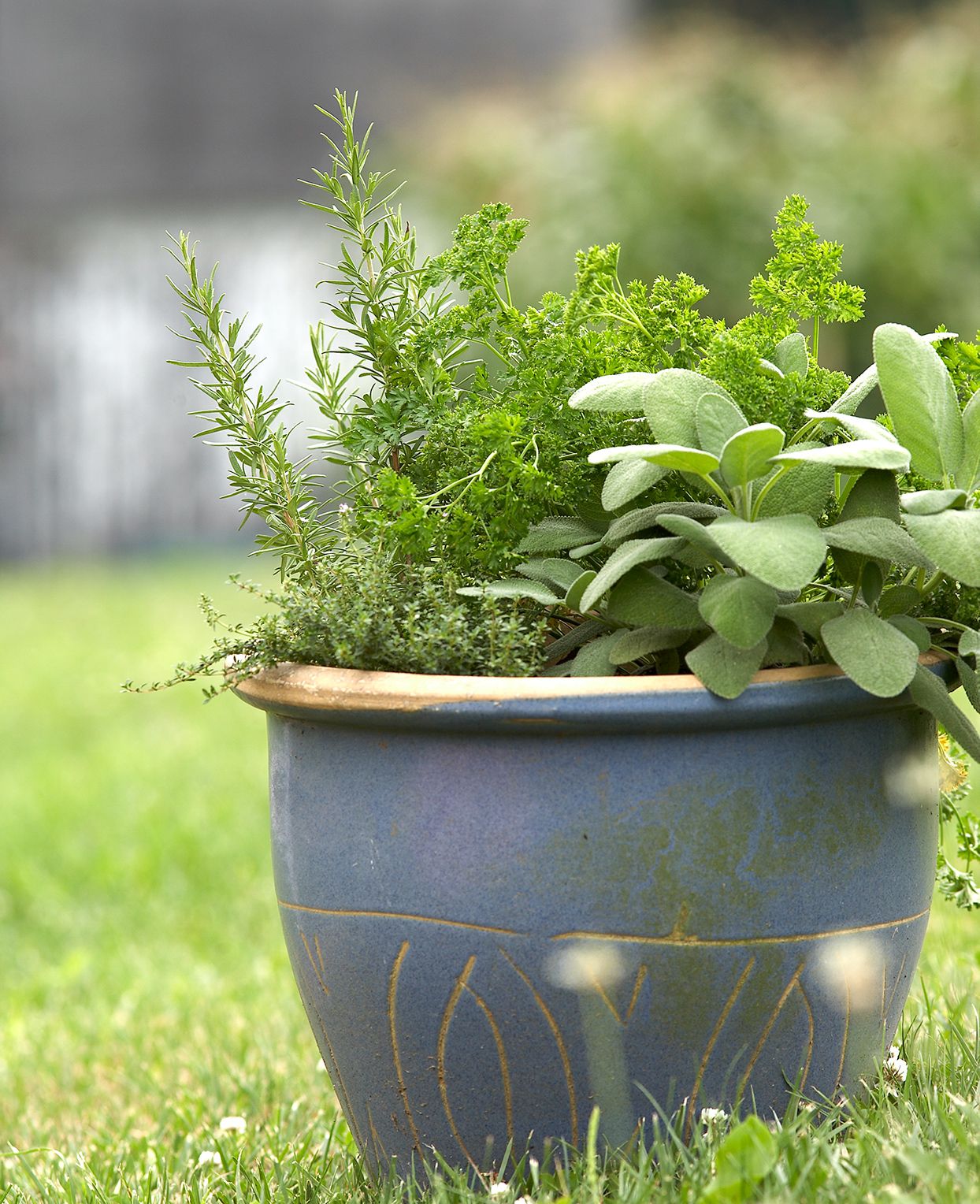 |
Herbs for Reducing Symptoms of Ulcerative ColitisUlcerative colitis is a chronic, inflammatory bowel disease that affects the colon. It causes diarrhea, bloody stools, and abdominal pain... |
 |
4 Medicinal Plants that Are Incredibly Good for YouDid you know that 25% of all prescription drugs in the U.S. come from substances that are found only in plants? In this episode of SciShow, we take a look at |
 |
How To Harvest HerbsGrab a clean pair of sharp scissors and learn how to harvest basil, mint, oregano, parsley, rosemary, sage, and thyme from your herb garden. In this video, |
 |
5 Tips for growing a season long salad gardenWelcome to Belovedsaffron.com, where we embrace everything related to spices, herbs, nutritious food, and organic eating! We are not professional.. |
 |
5 Natural Herbs For Back PainEdited by YouCut:https://youcutapp.page.link/BestEditor |
 |
Flavonoid-Rich Hibiscus Chutney RecipeWelcome to Belovedsaffron.com, where we are passionate about spices, herbs, recipes and organic eating! Here you will find a wide range of spices,.. |
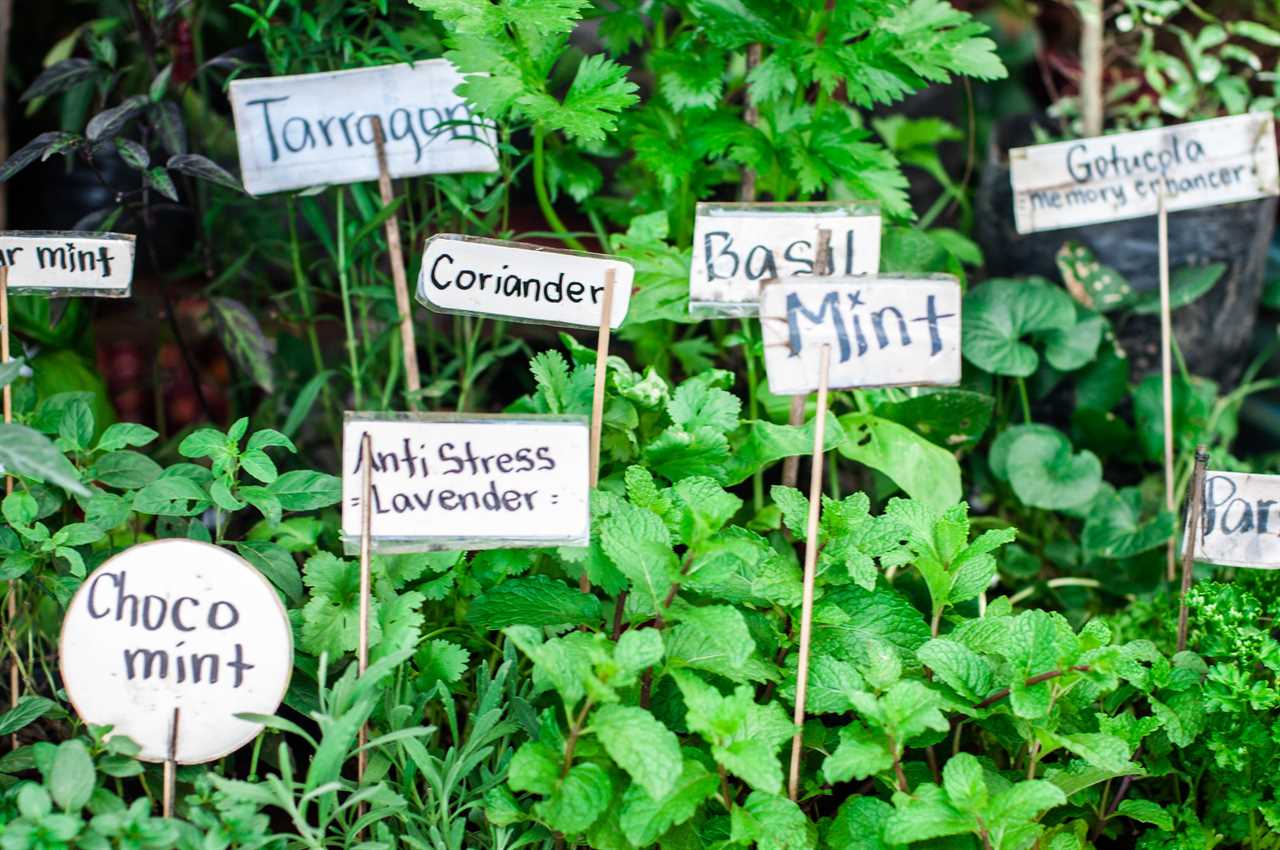 |
ASMR: Inspecting & Measuring all your SpectaclesAt Belovedsaffron.com, we are passionate about spices, herbs, recipes and organic eating and on a mission to bring you awareness about flavours from.. |
 |
Growing BASIL In Hydroponic System (No soil) - Timelapse!We understand that food has the power to connect us all, transcending cultures and distances. At Belovedsaffron.com, we are passionate about spices,.. |
 |
Tongkat Ali Safety: Side Effects & InteractionsTongkat ali is an herb that was used in traditional medicine primarily for its aphrodisiac and libido-enhancing properties, as well ... Read more |
 |
6 Herbs High in CopperCopper is a vital element that plays a role in cardiovascular and lung health, blood vessel growth, and more. Copper ... Read more |
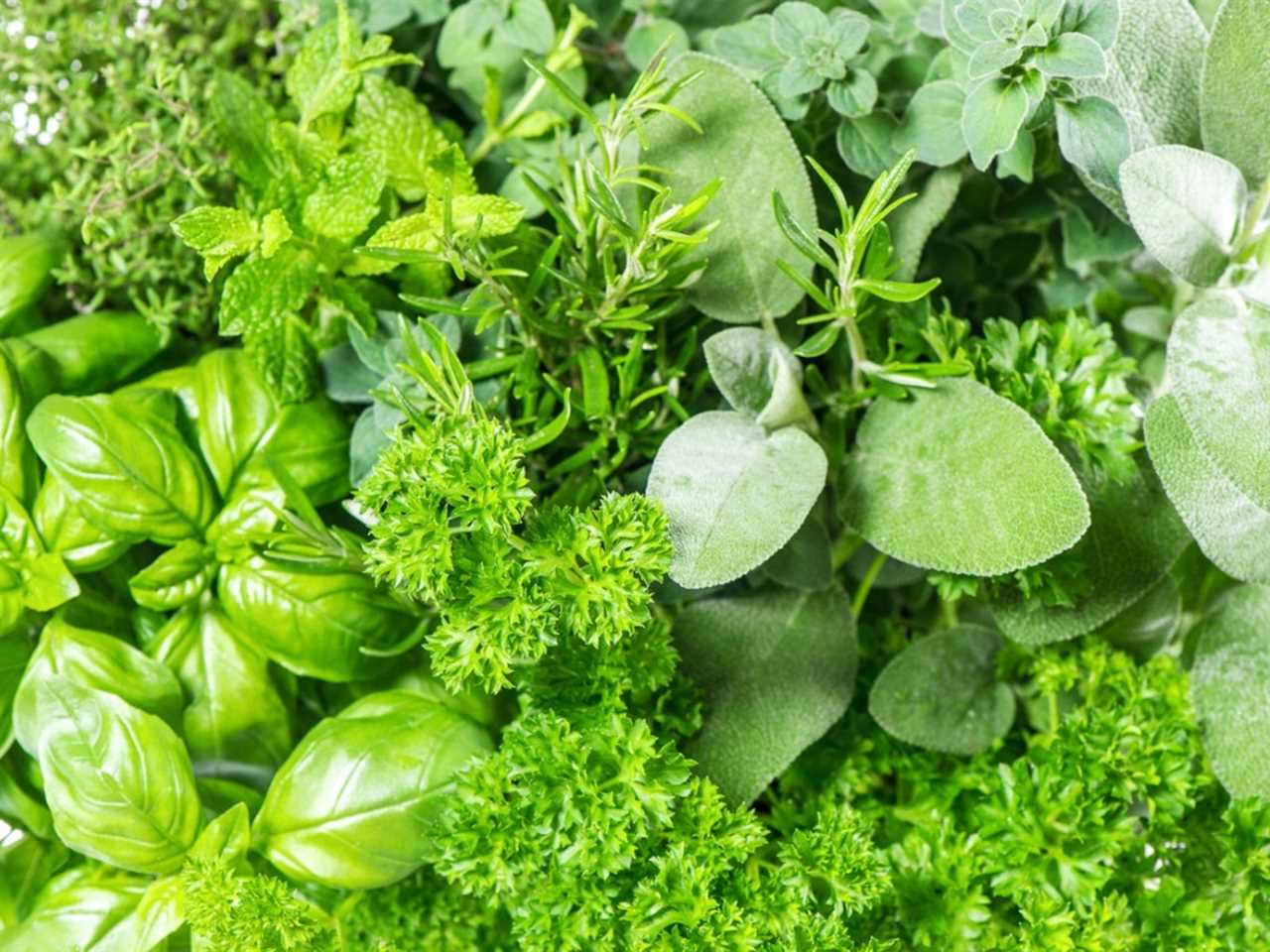 |
The Cup of LifeLike life, tea is what you make of it and The Cup of Life helps individuals enjoy tea in more than one way. Join me on my tea adventures through my blog! |
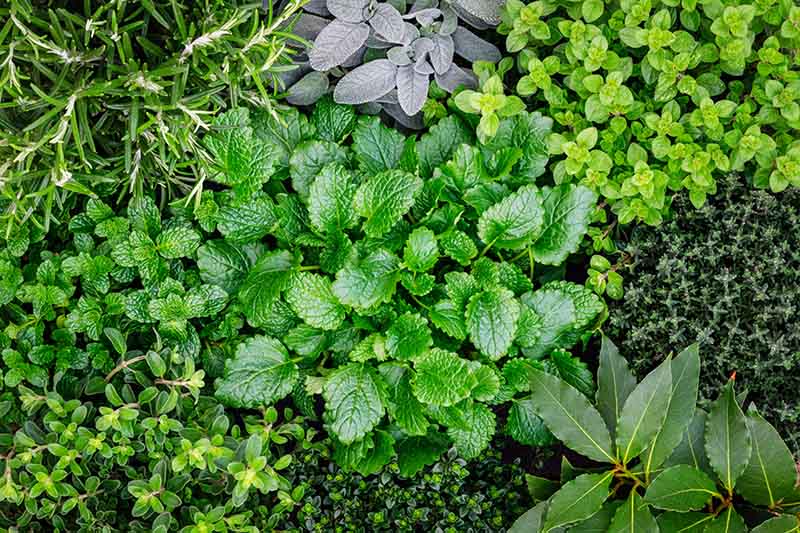 |
Apr 18, Spiny Amaranth Benefits with Sunny SavageJoin us in this new episode and I think you’ll understand exactly why Sunny Savage believes in spiny amaranth benefits so much! |
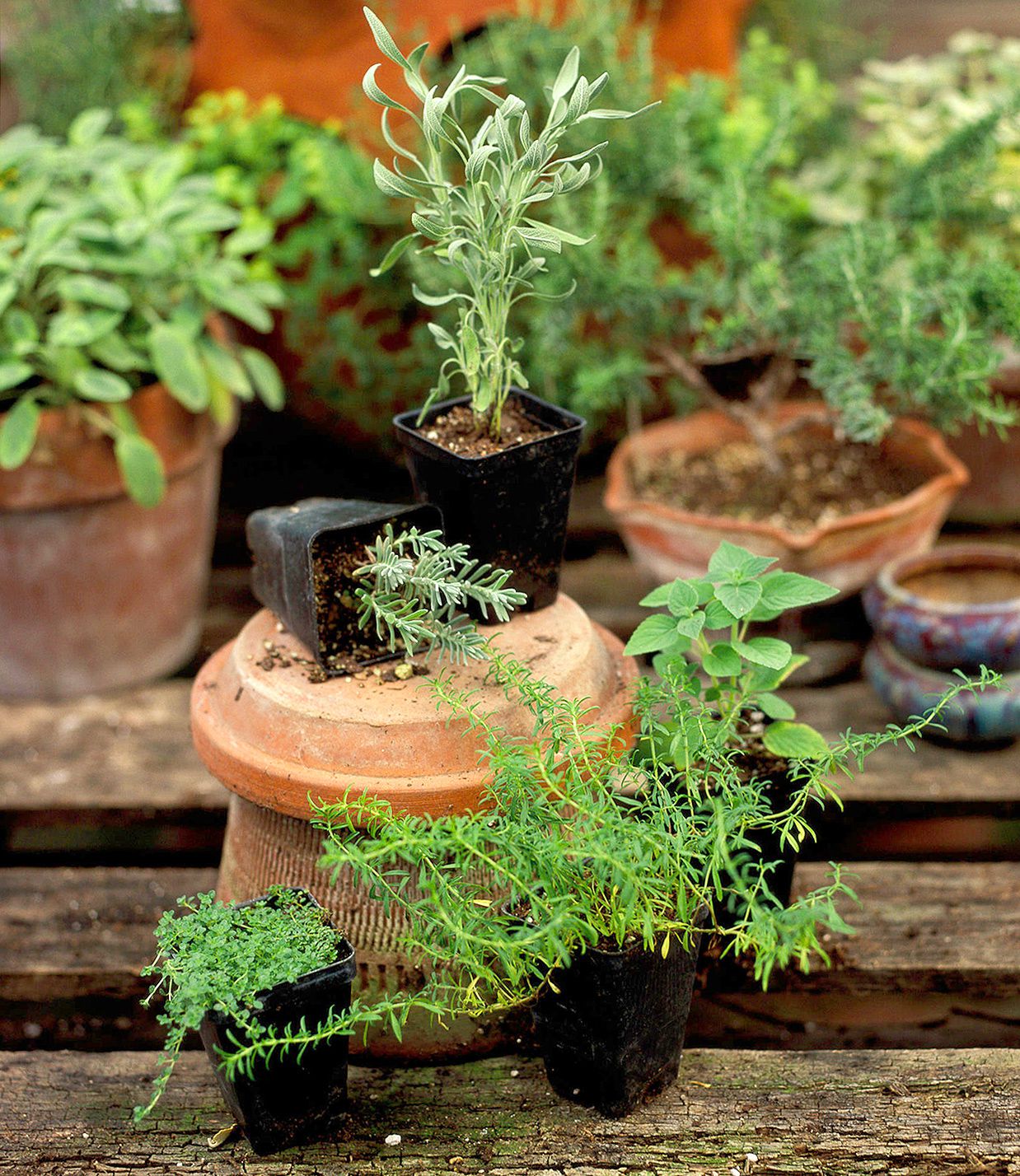 |
6 Herbs High in Niacin (Vitamin B3)Niacin is a naturally occurring nutrient known as vitamin B3. This vitamin supports and protects the nervous system, regulates blood ... Read more |
 |
Apr 11, Blackberry with Maeg KeaneWhat if blackberry could teach you about boundaries and letting go of what’s not serving you? Join me and Meag Keane for an astrology-inspired perspective! |
 |
6 Herbs High in QuercetinQuercetin is a plant chemical that acts as an antioxidant in the body, reducing stress and protecting tissue from damage. ... Read more |
 |
4 Benefits of Senega: Dosage & SafetySenega is a medicinal herb that has been used for thousands of years throughout Asia. This article will look at ... Read more |
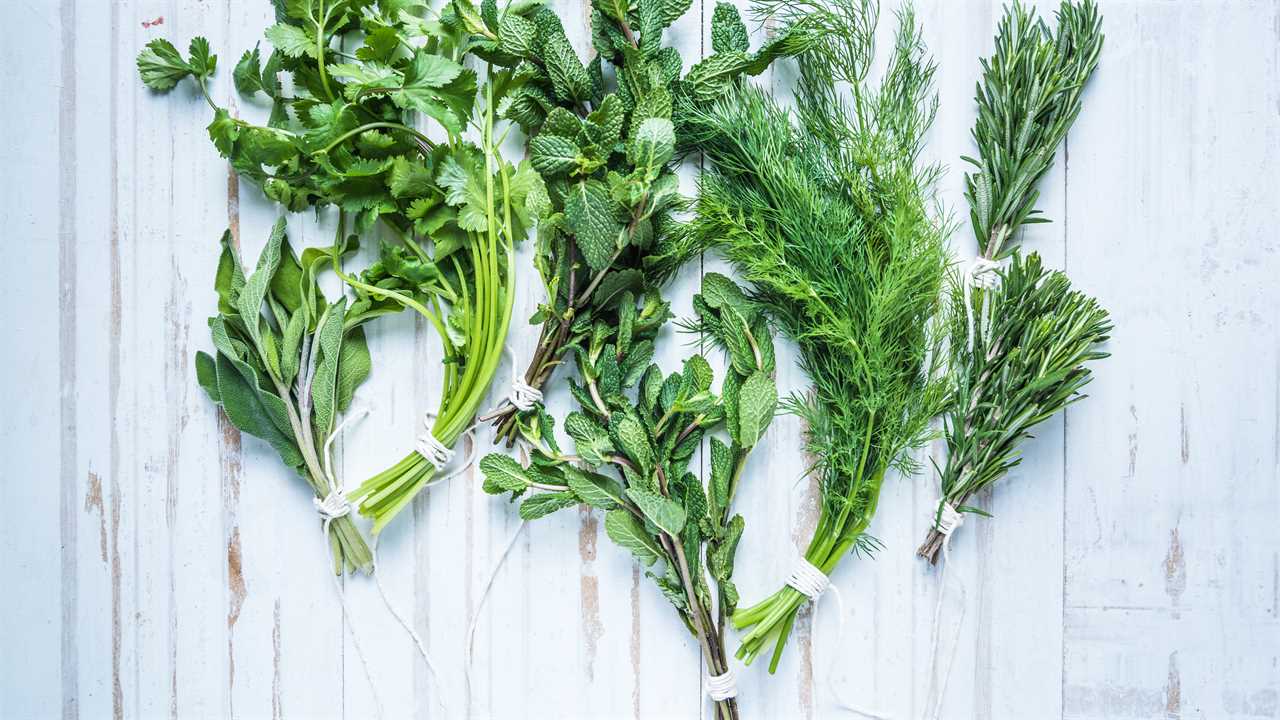 |
Apr 4, Stinging Nettle with Elise HigleyMeet Elise Higley from Oshala Farm and find out why I have so much respect for herb farmers! You'll also get Elise's recipe for Nettle Spring Tonic Vinegar |
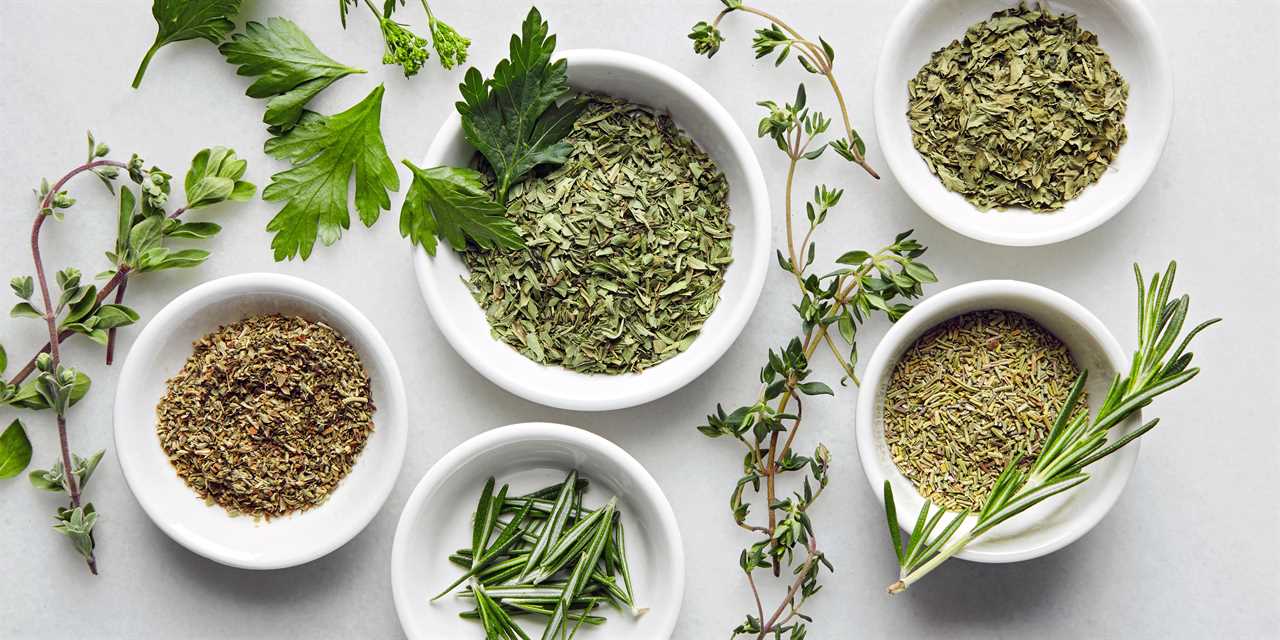 |
Mar 28, Calendula with Alex CrofootLet's hear Alex Crofoot talk about both new and familiar ways of working with this favorite (and very versatile!) plant: Calendula officinalis |
Lion’s Mane Mushroom Is Powerful For Your Brain’s Health
Lion’s mane mushroom (Hericium erinaceus) is a unique edible large shaggy fungus which looks like a grown lion’s mane. It has been used in East Asia for
 |
Delicious Elderberry Syrup Gummies for Cold Flu & SleepElderberry syrup is immune enhancing and protective against colds and flu. It’s one of my favorite natural remedies for avoiding or beating the flu. These flu |
 |
Helpful Plant Remedies For Anxiety And StressFeeling anxiety and stress lately? Are you feeling frustrated and wish you could just find a way to relax? Do you find that your heart is usually beating |
 |
Tomato Tea, A Natural Cold and Flu RemedyThis tea really works! You can literally feel your sinuses opening up. It’s an immune booster so even if you’re not sick drink this when others around you are |
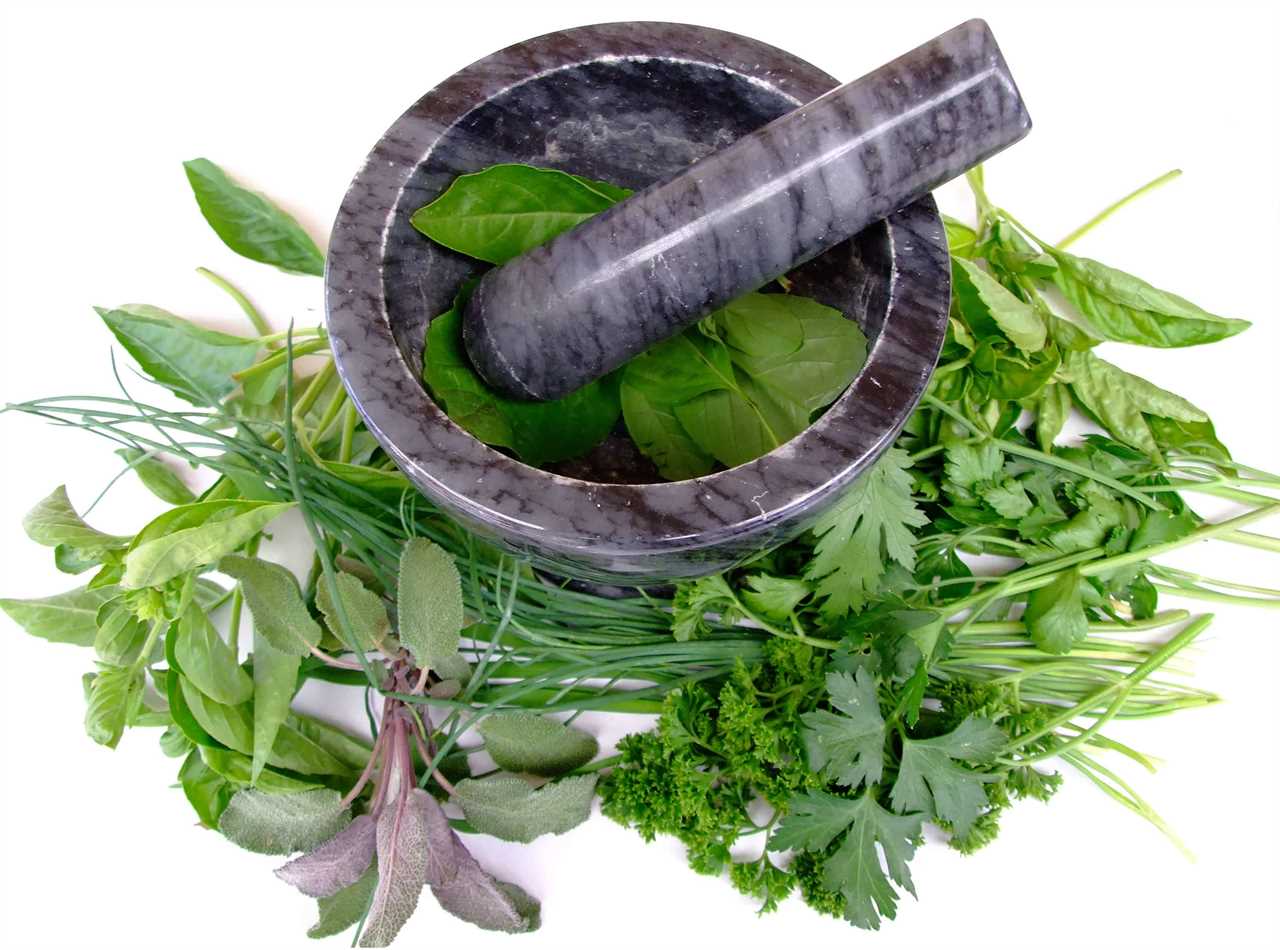 |
Tony Gebely · Tea Epicure · Taste DifferentlyA tea assessment platform that rates teas based on objective quality markers and a sensory evaluation resulting in a list of the best teas produced each year. |
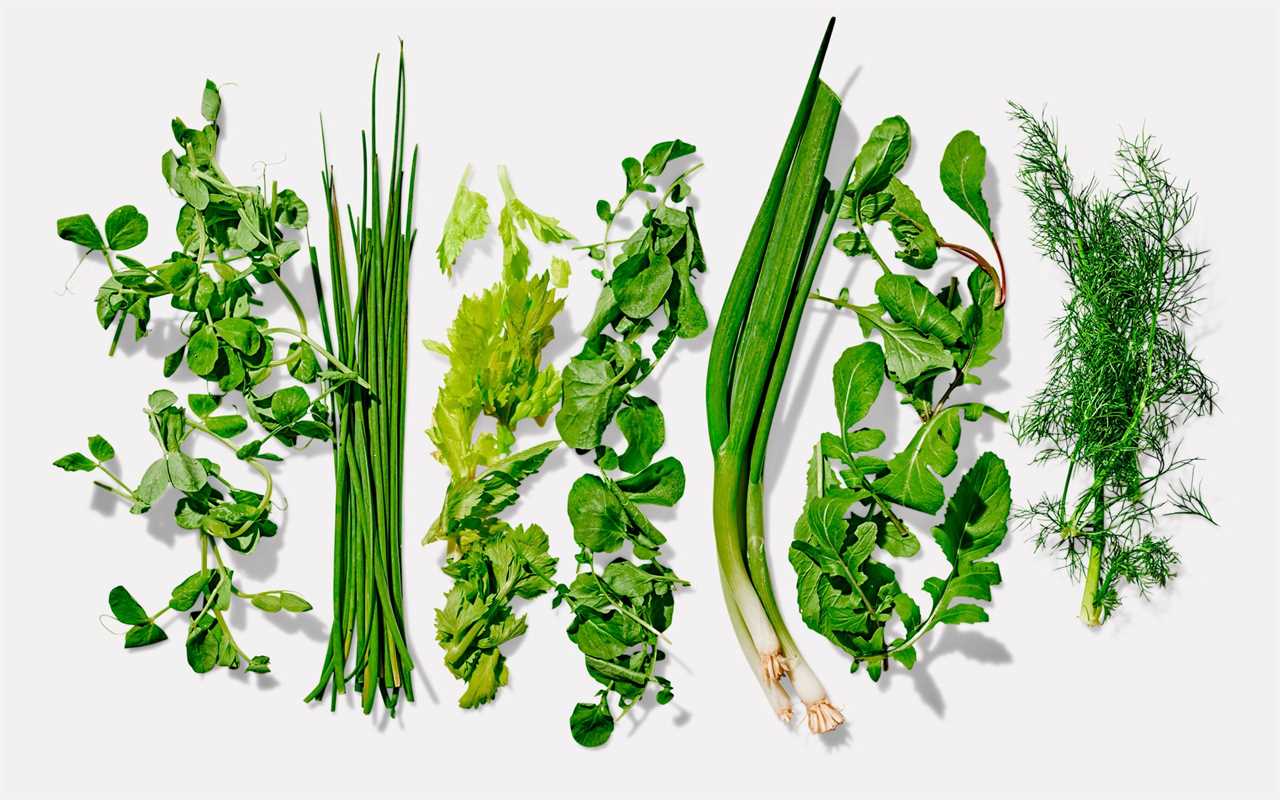 |
What Are Digestive Bitters And Should You Take Bitters?Bitters are a drink you sip before a meal to aid in healthy digestion. Traditional diets contained bitter foods because of their digestive action. The bitter |
.png)





